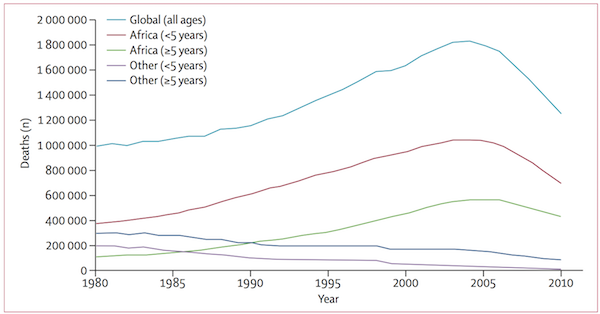"Every night on the television news now is like a nature hike through the Book of Revelation," lamented Al Gore in his opening remarks for the Climate & Health Meeting. After all these years, he still has a demented penchant for apocalyptic exaggeration. Though it can occasionally rain frogs and fish (and even golf balls), the oceans have not yet turned to blood and and no one needs to remove any wax seals from that scroll just yet.
Studies have shown that temperatures have increased slightly and conclude mankind deserves much of the blame. A fairly simple and economically sensible energy policy (like using natural gas as a bridge fuel to a nuclear powered future) would not only address any climate concerns but would advance American interests as well.
But alarmism and hyperbole undermine Mr. Gore's cause. Substantial damage has been done to the science of climate change by the theatrics of Mr. Gore and his acolytes. Indeed, a cursory examination of the state of the world in 2017 shows that the Four Horsemen have yet to even saddle up.
Most likely, a warmer planet may slightly exacerbate some pre-existing issues. For instance, mosquitoes, and the diseases they carry, may be able to spread to new habitats. But a direct line of causation, as depicted by the CDC, in which climate change leads to more extreme weather events which in turn increases human disease, is hardly proven. In fact, a forum hosted by Yale demonstrates that experts still disagree on whether climate change will cause more severe weather.
Worst Case Scenario
Let's assume, for the sake of argument, that the alarmists are correct: Climate change will make all infectious disease worse. Since the climate has been warming, we would expect to see a disease like malaria killing more and more people. But that's not happening.

The Lancet reports that, after a spike in malaria deaths (entirely in Africa), the number of global malaria deaths has fallen by 32% from 2004 to 2010. Outside of Africa, the number of malaria deaths has fallen nearly 80% since 1980. So even if it is true that climate change could make malaria worse, actual data does not support that assertion because it appears as if the sustained global health campaign against malaria is working.
Cholera is another disease that some scientists believe will get worse as the planet warms. Mr. Gore warned, "Cholera likes warmer water." True. But cholera wouldn't be a problem at all if people didn't defecate in their drinking water. Regardless of the temperature outside, the real cause of cholera is poor sanitation and inadequate infrastructure, such as water treatment facilities. That's why public health officials worry about cholera outbreaks following natural disasters, which can contaminate the water supply.
Similarly, any potential link between climate change and allergies, respiratory disease, and cancer is mostly theoretical. Even if the absolute worst is true -- that a warmer Earth will exacerbate all of these problems -- the underlying causes still exist. The increase in allergies and childhood asthma, for example, is likely due to excessive cleanliness (known as the "hygiene hypothesis").
An Inconvenient Truth
The real cause of so much suffering in the world is not climate change but poverty. In a more prosperous world, diseases like malaria and cholera largely will go away. And deaths from preterm birth complications and birth asphyxia/birth trauma -- both of which are in the top 10 causes of death in poor countries -- will also vanish.
When it comes to human disease, climate change is mostly a distraction. Eliminating poverty will do far more to save people's lives than lowering the temperature a notch.

